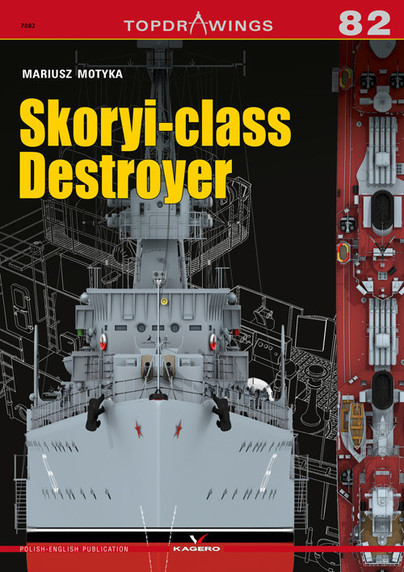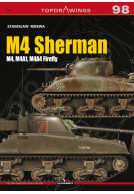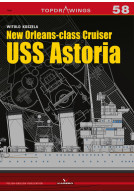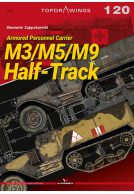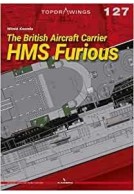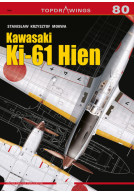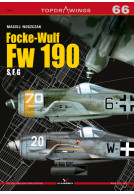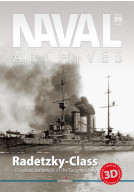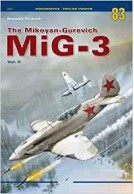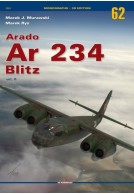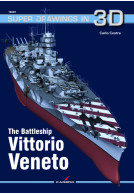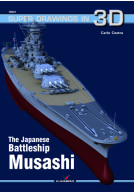Google Books previews are unavailable because you have chosen to turn off third party cookies for enhanced content. Visit our cookies page to review your cookie settings.
Skoryi-class Destroyer (Paperback)
Imprint: Kagero
Series: Top Drawings
Pages: 20
Illustrations: Drawing sheets colour profiles
ISBN: 9788366148512
Published: 10th October 2019
Series: Top Drawings
Pages: 20
Illustrations: Drawing sheets colour profiles
ISBN: 9788366148512
Published: 10th October 2019
You'll be £12.00 closer to your next £10.00 credit when you purchase Skoryi-class Destroyer. What's this?
+£4.99 UK Delivery or free UK delivery if order is over £40
(click here for international delivery rates)
Need a currency converter? Check XE.com for live rates
(click here for international delivery rates)
Need a currency converter? Check XE.com for live rates
Destroyers of Project 30bis, also referred to as the Smelyi-class (NATO: Skoryi-class), is a series of 70 Soviet destroyer ships built after the Second World War in the years 1950-1953. It was the most extended postwar series of destroyers in the world.
The ships of Project 30bis were created as a continuation of large destroyers from World War II, which were part of Projects 30 and 30K. However, in comparison to the 30 and 30K project destroyers, the new ships were slightly larger, and their hull was welded entirely. Moreover, the appearance of the superstructures changed, the armament was slightly modified, and more sophisticated electronic equipment was installed. The propulsion system was also modernized, increasing the power of the boilers. The project was developed in 1946 and approved in January 1947. The construction of ships commenced in 1948.
Although the first completed and commissioned on February 5, 1950, destroyer was Bditielnyi (Watchful), the entire series was named after the eighth destroyer Smelyi (Courageous), which was commissioned on March 19, 1950. This ship was used in the Gdansk Bay in the region of Baltijsk, Russia, for both state tests, and project qualifications. On the other hand, in the West, this type of ship began to be referred to as Skoryi-class, after the first identified ship.
The battleships were built in four shipyards: Leningrad, Komsomolsk, Nikolayev, and Severodvinsk. The construction of 85 vessels commenced, of which 70 vessels were completed, and the remaining ones were resigned.
Other titles in the series...
Other titles in Kagero...







